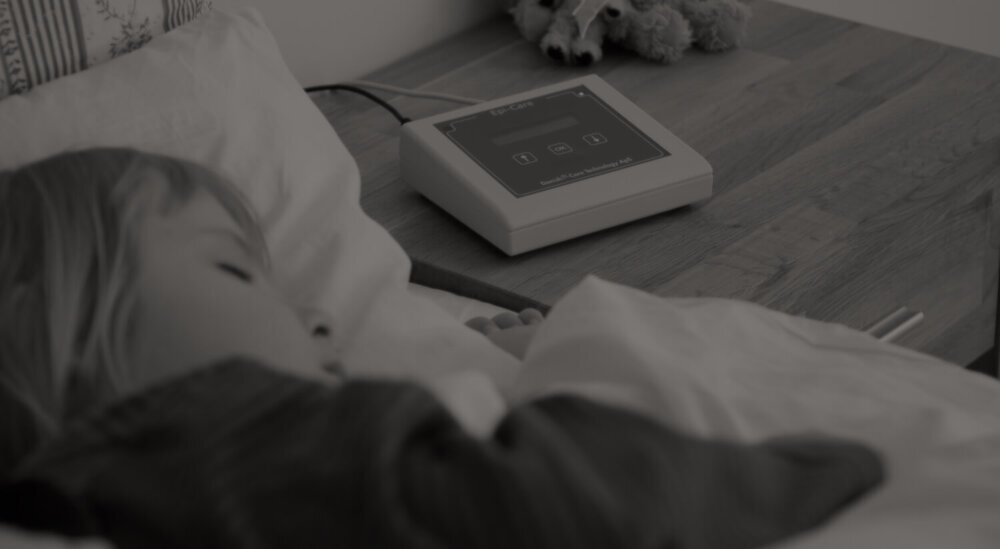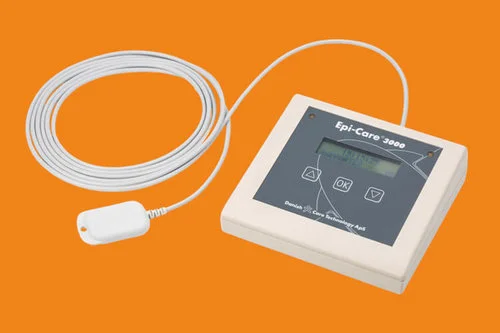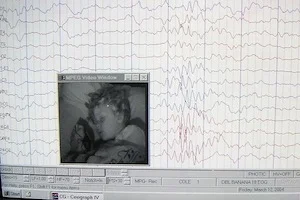
Epi-Care mobile
A small portable epilepsy alarm developed for smartphones.
Epi-Care free
Epi-Care free is a wearable epilepsy alarm that recognises tonic-clonic epileptic seizures.
Epi-Care 3000
Epi-Care 3000 monitors tonic-clonic epileptic seizures during sleep.













There are many different types of epileptic seizures. The tonic-clonic cramp is well know, and the one people tend to think of when imagining a epileptic seizure. It has been known as a ”grand mal” but that term is fading out of use.
The tonic-clonic seizure comes it two phases. The seizure starts with a sudden rigidity in the body called the tonic phase. One may feel air being pushed out of the lungs, and it becomes impossible to move. Hereafter one loses conscience, fully or partly, and falls to the ground.